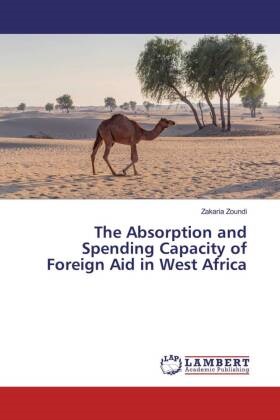Read more
The study focuses on the absorption and spending capacity of aid inside the member countries of the Economic Community of West African States (ECOWAS). The absorption and spending of aid are analyzed through the impact of aid on, respectively, the non-aid current account balance, and the non-aid government balance. One of the new features of the study is the inclusion of financial and government-related variables in the list of control variables. This helps to capture well the estimators, and avoid the bias generated by the exclusion of relevant variables. In addition, the study focuses on more appropriate econometric tools. The analysis focuses on three econometric estimators, namely, a fixed effect model, an instrumental variable and the generalized method of moments. Results show that aid is more absorbed than spent inside the whole union. Countries that have less dependency on aid have better spending capacity than the ones who highly rely on aid. In highly-aid dependent countries, aid is used to reduce the budget deficit rather than to finance government expenditures.
About the author
Zakaria Zoundi is an Economist originated from Burkina Faso, in West Africa. His areas of interest include welfare, the macroeconomic spillover of external shocks as well as energy challenges in developing countries. He is a graduate of Kobe University in Japan. Most of his time is dedicated for reading, research, and teaching.

